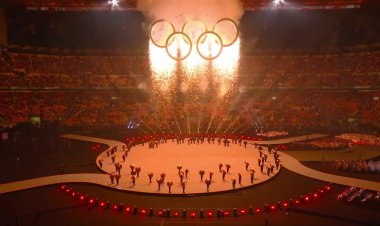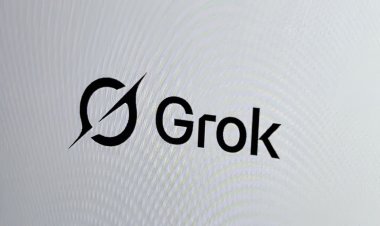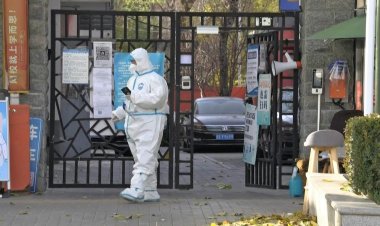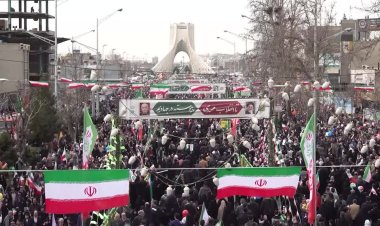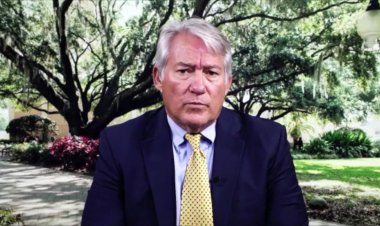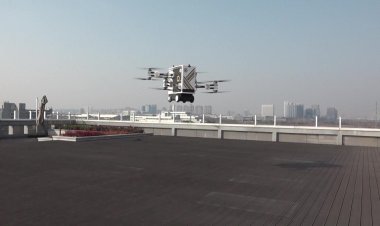South Korea faces second impeachment crisis
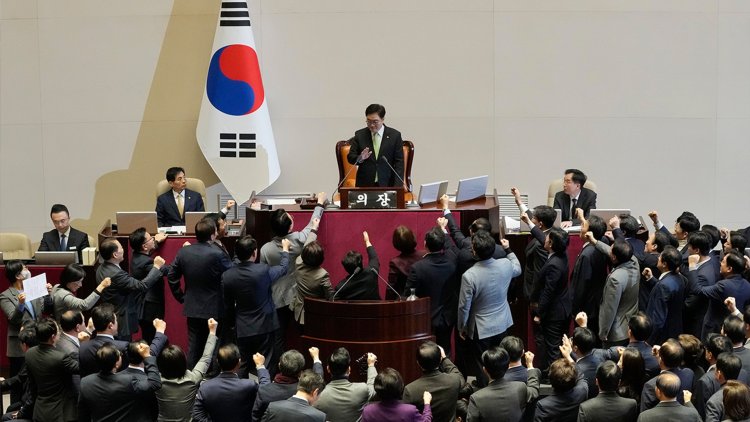
Political turmoil deepened in South Korea as parliament impeached acting President Han Duck-soo, marking the second impeachment in two weeks following President Yoon Suk Yeol's removal from office. The National Assembly passed the impeachment motion with unanimous support from the 192 voting members, while the ruling People Power Party boycotted the vote.
Han's impeachment came after he refused to immediately appoint three justices to the Constitutional Court, arguing it would exceed his authority as acting president. Finance Minister Choi Sang-mok has now assumed the role of acting president, though concerns exist about potential clashes with opposition parties that could lead to his removal as well.
The crisis began when President Yoon declared martial law on December 3, leading to his impeachment on December 14. The Constitutional Court has commenced hearings to determine whether to reinstate Yoon or permanently remove him from office, with a 180-day deadline for their decision. If Yoon is permanently removed, a new presidential election must be held within 60 days.
Over a thousand protesters gathered near Yoon's residence in Seoul, demanding his resignation and celebrating Han's impeachment. The political instability has severely impacted South Korea's economy, with the Won currency falling to its lowest level since March 2009.
The unprecedented political crisis has raised concerns among South Korea's international allies, particularly the United States and European partners, who viewed Yoon as a crucial ally in countering China, Russia, and North Korea. The situation represents one of the most significant political challenges in recent South Korean history, threatening the stability of Asia's fourth-largest economy.







